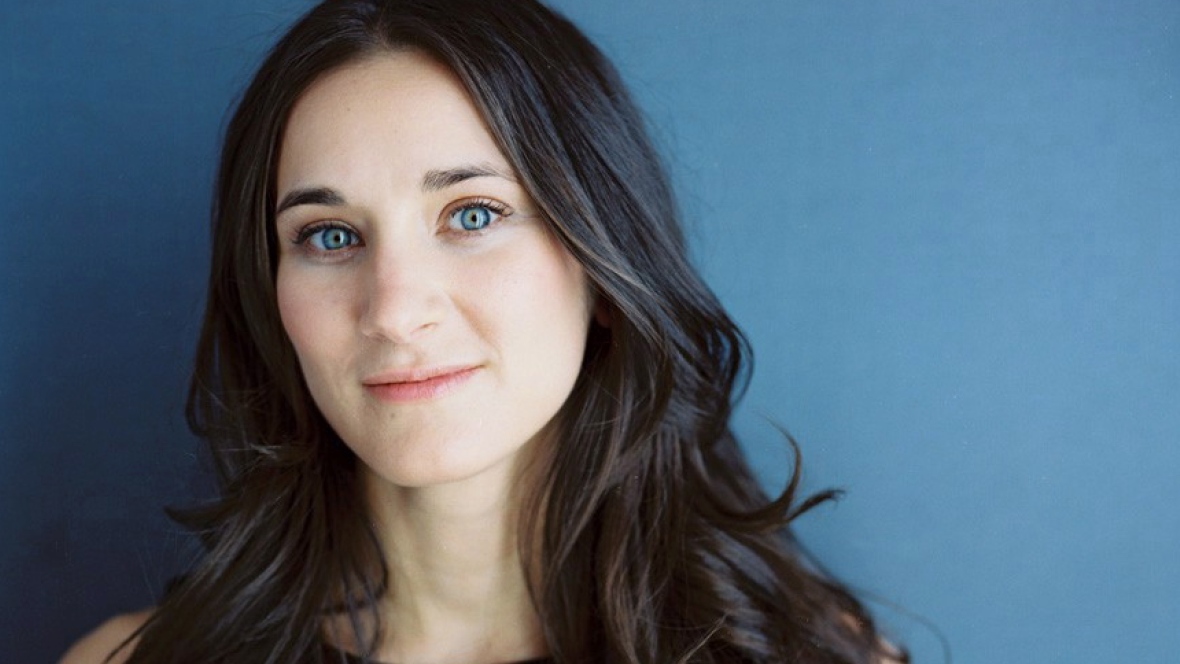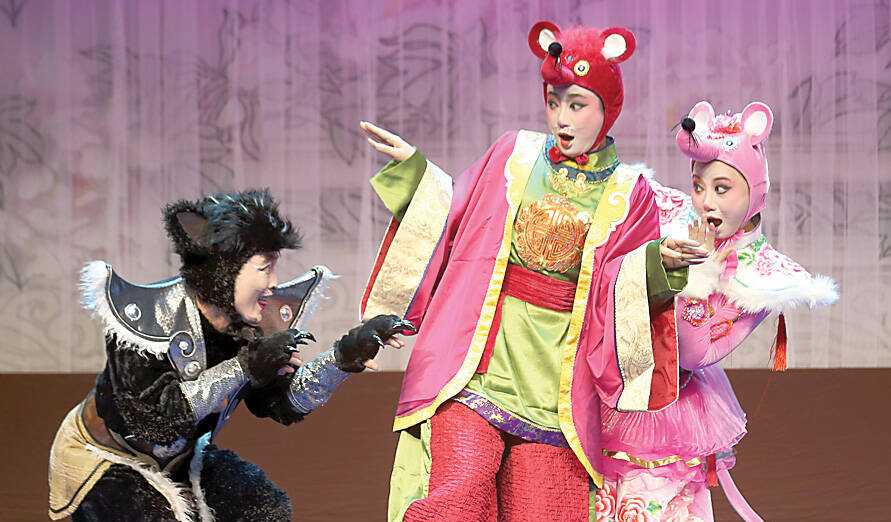Room to write

Editor’s Note: Hannah Moscovitch and journalist Philip Moscovitch are not related.
The Holocaust preoccupied Hannah Moscovitch when she was a teenager in Ottawa. She spent hours in the Second World War section of the public library, reading as much as she could. She’d had earlier obsessions, such as Greek mythology, but this was different. She even has a memory of penning a number on her arm, like those she had seen on the Holocaust survivors at her synagogue.
“It was very weird,” she reflects. “I was a creepy kid I think. It’s creepy, right?”
At 38, Moscovitch is already one of Canada’s most acclaimed playwrights: A Governor General’s award nominee, the first playwright to win Ontario’s Trillium Book Award, and now the first Canadian playwright to win the $150,000 US Windham-Campbell prize, administered by Yale University.
Moscovitch learned about the Windham-Campbell award through a text message her phone had transcribed from her voicemail. As someone who rarely returns calls anyway, she thought she would just ignore it. “Like if someone called you up and said, ‘I’d like to give you $150,000 US and a prize’ you’d be like, sure. Sure. Sure you would. So I nearly didn’t call back. And then I saw the word ‘Yale’ in there… I called back, and I kept asking, ‘Is this real?’”
While the money is clearly a big deal, Moscovitch says that “weirdly” what’s more important about the award is the personal boost to her confidence and the recognition for Canadian theatre. “For Canadian playwrights it’s very hard to believe you’re as strong as your American and European counterparts,” she says. “Our theatre culture is just incredibly young, so there aren’t that many examples of what it’s like to be a Canadian playwright. I think it’s very hard to take yourself seriously and believe you are creating work that’s good. So an award like this is just incredibly emboldening and validating.”
Moscovitch earned her acclaim through a number of plays that reach back decades, many of them dealing with the Holocaust, war, and its aftermath. Asking why those themes have been so central to her work sparks a conversation about her identity as what she calls, “a real, committed half-Jew.”
The daughter of a Jewish father and Gentile mother, she says she was “very much raised to be Jewish. We celebrated the holidays, we did shabbas on Fridays, we kept kosher, and I went to Hebrew school two to four times a week until I was 13… but when I got older I had some encounters with people who didn’t view me as Jewish and I think that changed my identity.”
When she was 15, Moscovitch was part of a group of young people who visited Auschwitz. That evening, a rabbi engaged her in conversation. “He very delicately asked me, ‘Did your mother convert?’ and I said no, and he said ‘Oh, so you’re not Jewish.’ And because it had been such a day of identifying myself as being Jewish, because I had gone to Auschwitz with 5,000 other young Jews, and then to hear that in the evening. It somehow cemented the fact for me that I would never feel 100-per-cent Jewish. That I would be half Jewish, and that I would be that very decidedly.”
Moscovitch has returned repeatedly to the early and mid-20th century and to war in her work, partly, she says, in an effort to understand the contemporary world. The Russian Play is about a flower-shop girl who falls in love with a gravedigger in Stalinist Russia. The main character in East of Berlin is a teen who discovers his father was a doctor at Auschwitz. What a Young Wife Ought to Know, which premiered in Halifax last year, centres on a working-class couple in 1920s Ottawa. It deals with contraception, abortion, eugenics, and labour politics.
In addition to writing plays, Moscovitch has also tried her hand at radio drama, opera (see sidebar), feature film, and television. She has several credits on the Second World War espionage drama X Company, which aired on CBC. “Part of the reason it’s useful to have me on the show is that I know a great deal about Nazis,” Moscovitch says. “I know a lot, but I’m always surprised, even now, researching, by the depth of the catastrophe. It’s an abyss that goes on and on and down and down.”
Originally, Moscovitch was hoping to become an actor, but “I didn’t actually like acting. I liked saying texts aloud, because I liked writing, and I confused that with the desire to act.” She taught herself to write plays, and became a writer in residence at Toronto’s Tarragon Theatre in 2007. She moved to North End Halifax in November 2013 to be with her partner, Christian Barry, the artistic co-director of 2b theatre company. They’re now married and have a young son.
Although Barry was the reason she moved to Halifax, the relocation has had unexpected benefits.
“I find it much easier to write in Halifax,” she says. “It’s incredibly peaceful and quiet and there’s ocean and beautiful parks. I love it.” she recalls how her Toronto condo building was busy and loud. “There were always dogs barking and I had a neighbour who would forget their alarm [was] on, and I would hear it for hours. Hours and hours. I slept in my bathroom once because we shared a wall and they had gone away for the weekend and left their alarm ringing for the whole weekend. It was terrible.”
Richard Rose is the artistic director of Toronto’s Tarragon Theatre, where Moscovitch has been a writer in residence since 2007. She’s maintaining those ties from her new home.
“It’s only an hour and a half flight,” Rose says. “We have a kind of relationship that speaks to depth. Hannah’s been around since East of Berlin, and we saw her really grow as an artist… She found a form that has been a feature for show after show, play after play, of narration flowing into the themes. A lead voice. One person’s story compounded by themes going either in the past or in parallel with the present. So she has a kind of narrative dramatic sense.”
He adds, “She’s interested in a lot of things from a lot of perspectives. I don’t think she’s going to do just East Coast plays. She’ll do plays about Nazis in Panama as well. And it’s great to have someone there who has their ear to the ground.”
MORE VOWELS!
Hannah Moscovitch’s first opera, I Have No Stories to Tell, is a collaboration with American composer Lembit Beecher. It debuted in New York at the Metropolitan Museum of Art two years ago, and is being mounted in Philadelphia in 2017. Writing it was different from anything else she’s done.
For one thing, the libretto has to engage the composer. So, Moscovitch says she felt as though she was writing for an audience of one (the composer). And because I Have No Stories To Tell You was site-specific, she only started to write after visiting the museum that would host it.
But the biggest surprise was learning to write for singers. “There are concerns in opera that simply do not exist in other mediums I’ve worked in,” she says. “You need a lot of vowels for the performers to sing well. You have to choose words that have a lot of vowels in them. That was completely not on my radar as a writer.”
This story was originally published in Halifax Magazine.















